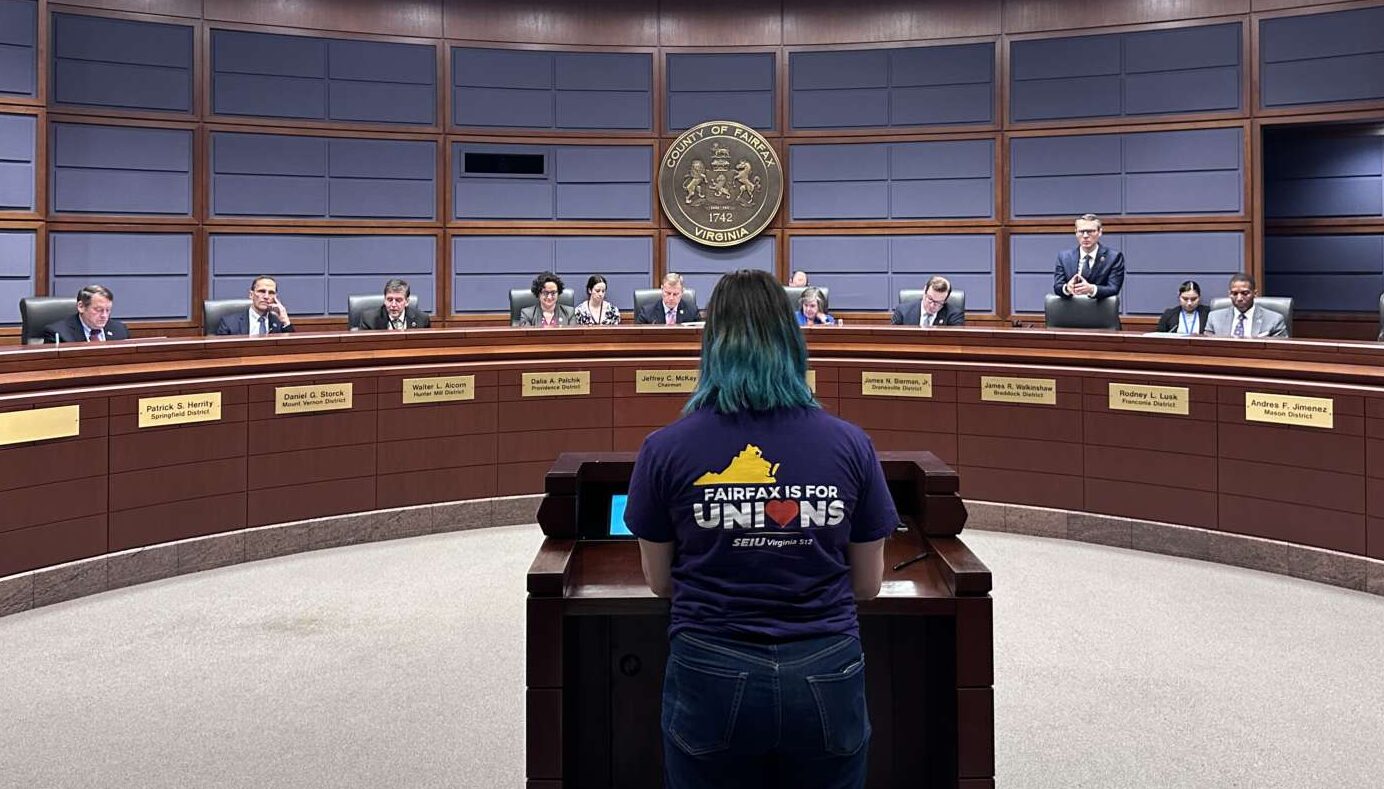This is a sponsored column by attorneys John Berry and Kimberly Berry of Berry & Berry, PLLC, an employment and labor law firm located in Northern Virginia that specializes in federal employee, security clearance, retirement and private sector employee matters.
By Kara Osborne, Esq.
There are many protections in the law for employees in the workplace, specifically, the Civil Rights Act of 1964 (Title VII) which makes it unlawful for an employer to discriminate against an employee because of their race, color, religion, sex (including pregnancy and related conditions, sexual orientation, and gender identity), or national origin.
Gender Stereotyping in the Workplace
Title VII also makes it unlawful to use policies or practices that seem neutral but have a discriminatory effect against people because of the abovementioned protected classes. That being said, sex or gender stereotyping is a less obvious form of sex discrimination, and it occurs when an employer discriminates against an employee because he or she does not follow the “expected” gender stereotypes and impressions.
The pivotal case regarding Title VII gender stereotyping claims is Price Waterhouse v. Hopkins, 490 U.S. 228, 109 S. Ct. 1775, 104 L. Ed. 2d 268 (1989). In this case, the Supreme Court stated that evidence of an employer’s gender stereotyping could be used to prove that an employee faced unlawful sex discrimination. The Supreme Court held that “as for the legal relevance of sex stereotyping, we are beyond the day when an employer could evaluate employees by assuming or insisting that they matched the stereotype associated with their group…”
While Price Waterhouse dealt with sex stereotypes regarding women, many subsequent cases apply the standard against sexual stereotyping to men, such as patriarchal, transgender and gay stereotypes such as not “acting” how their perceived gender would act.
Treating employees adversely for not conforming to sex stereotypes of any kind, not just “femininity”, is a form of unlawful sex discrimination under Title VII. Justice Neil Gorsuch and the United States Supreme Court in 2020 (Bostock v. Clayton County, 140 S. Ct. 1731, 1737 (2020), held that “an employer who fires an individual for being homosexual or transgender fires that person for traits or actions it would not have questioned in members of a different sex.” The Supreme Court further stated that when an individual is fired because of their sexuality or gender identity, “sex plays a necessary and undisguisable role in the decision, exactly what Title VII forbids.”
Although our society has come a long way in terms of equality in the workplace, there still is a pervasive issue when it comes to intrinsic stereotypes based on a person’s sex, gender, or sexual orientation.
An employer who fires an individual for being gay or transgender does so for traits that it would not have questioned in members of a different sex, just as if an employer fires a woman for acting “too aggressively” or not dressing femininely or a man for not conforming to patriarchal expectations. These limited examples show how employment decisions “because of” sex stereotyping are in direct violation of Title VII and are actionable for employees.
Contact Us
If you are an employee in need of employment law representation, please contact our office at 703-668-0070 or through our contact page to schedule a consultation. Please also visit and like us on Facebook and Twitter.
The preceding sponsored post was also published on FFXnow.com






